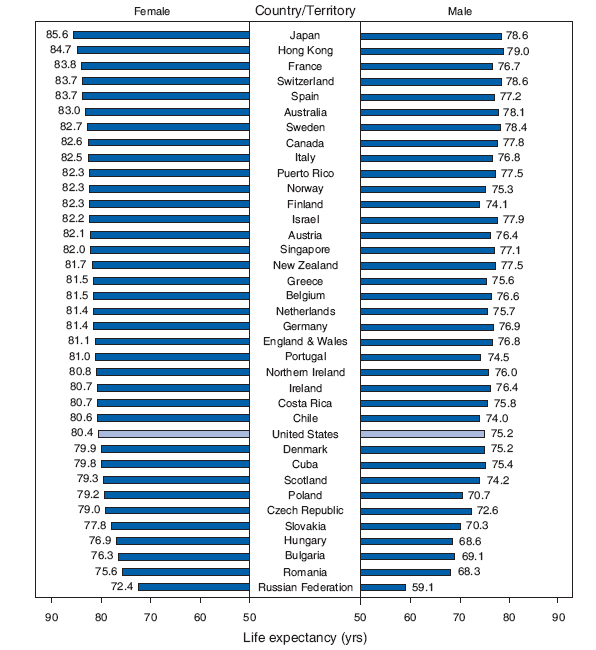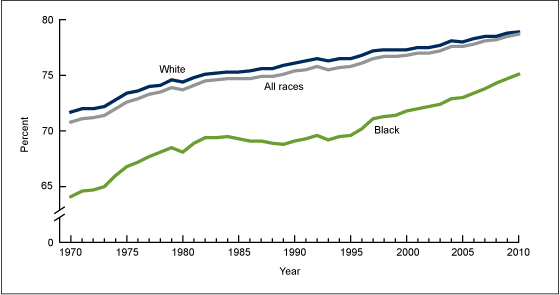This graph is from a blog post in An Economic Sense with a very useful discussion of health service costs in the USA as compared with other countries. The post makes the point that not only are U.S. prices much higher than in other countries, they vary greatly from patient to patient for the same service. The author makes the point that in a well functioning market, prices would not vary so greatly for similar services.
Many observers have noted that the choice of health services is more often made by providers than consumers. Doctors, who have much more information than their patients on diseases and services, prescribe the service and usually where it will be obtained. Most Americans has health insurance purchased through plans provided by their employers and partially paid for by those employers. Insurance usually requires some co-payment for services -- often quite high co-payment.
Back in school I had an adviser who said one should always ask who benefits and "whose ox is being gored" by a public policy. While most developed countries have socialized medicine (with lower costs and better health outcomes on average), the USA has a mixed system. Congress has not created a socialized medical service system, although it has legislated Medicare (for the elderly, essentially those past retirement age) and Medicaid (for the poor). Rather the country depends on employer offered health insurance privately purchased health insurance, and fee for service.
Employers treat their payments for health insurance for their employees as business expenses, and thus as income that is not taxed. I understand that health insurance has been an important means to attract employees. Since insurers make it common practice to refuse health insurance to people with pre-existing conditions (or to charge higher premiums for these people), there is an incentive for employees to remain with a firm providing health insurance, or at least to only leave by transferring to another job with health insurance. Of course, the employees who get coverage benefit from that coverage, especially since they do not pay taxes on the cost to the company of its contribution to the insurance. The companies and their stock holders also benefit by being able to offer an powerful inducement to workers to work for them and to stay working for them.
Providers have benefited as the demand for health services has increased more rapidly than the supply. Government subsidies for private health services have increased, increasing demand. The supply has been limited by such things as limited numbers of medical schools and standards calling for services to be delivered by highly trained and paid professionals rather than delegated. Thus prices have gone up, as always happens when demand increases more rapidly than supply in a market.
Poor sick people -- not so much.
 |
| Life Expectancy Ranking* at Birth,† by Sex --- Selected Countries and Territories, 2004 |
Female Life Expectancy by County
For poor people not so much! |
| Source |


No comments:
Post a Comment